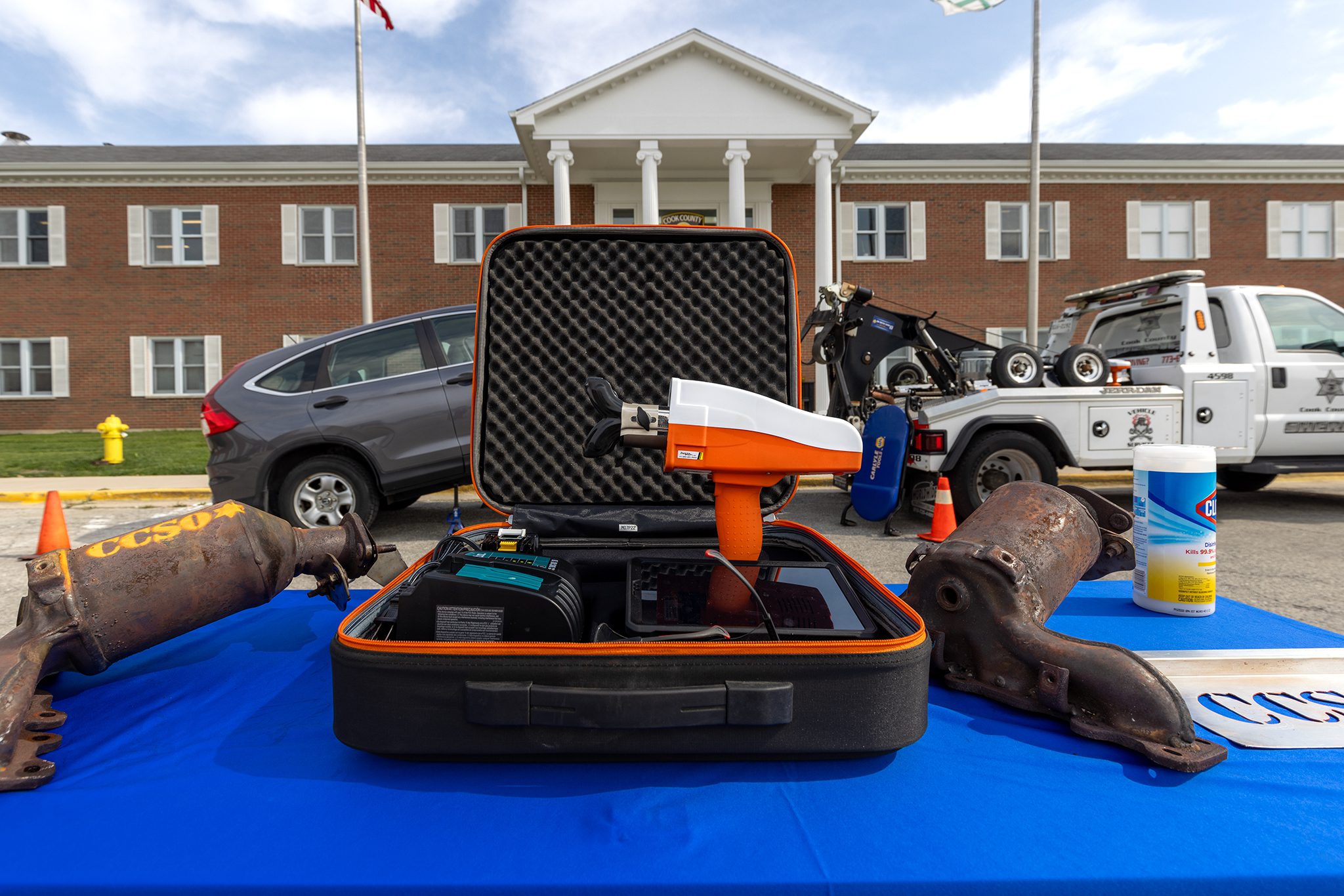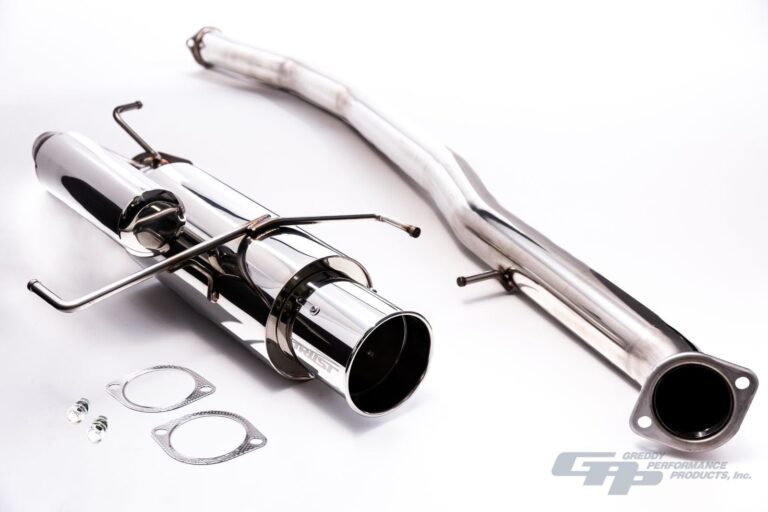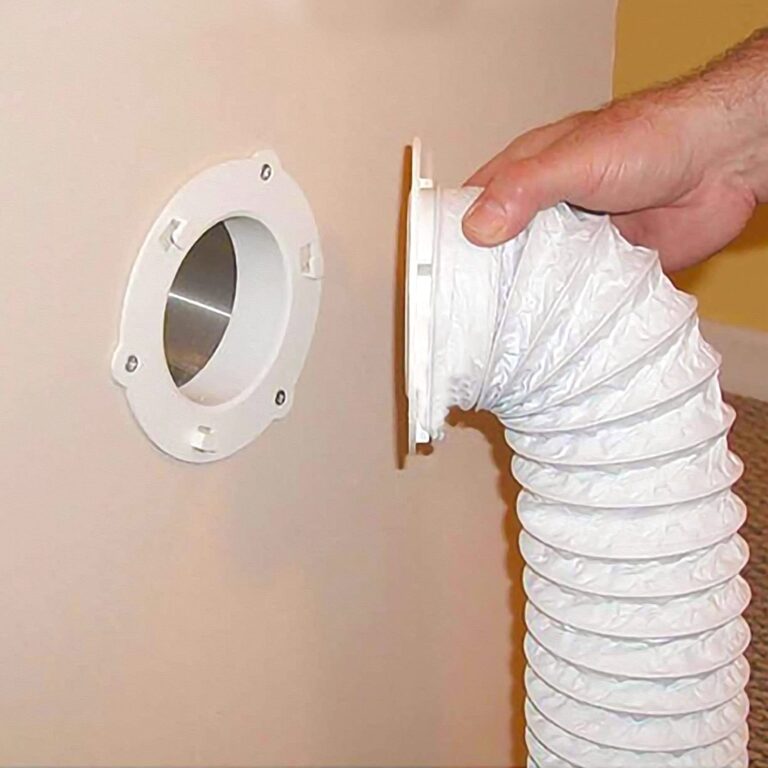What Can Cause Catalytic Converter Failure: Common Culprits Unveiled
Several factors can lead to catalytic converter failure, including engine misfires, oil or coolant contamination, and physical damage from road debris.
1. Age And Wear
Age and wear are common causes of catalytic converter failure. Over time, the internal components of the converter can deteriorate naturally, leading to diminished performance. Additionally, accumulated mileage can also contribute to failure as the converter is subjected to constant use and exposure to various pollutants. This can cause the catalytic converter to become clogged or caked with debris, reducing its efficiency. Furthermore, long-term exposure to high temperatures can accelerate the degradation process, causing the converter to fail prematurely. It is important to keep in mind that regular maintenance and inspections can help identify potential issues early on, allowing for prompt repairs and prolonging the life of the catalytic converter.

Credit: www.arnoldclark.com
2. Fuel Quality And Additives
Fuel Quality and Additives:
Contaminated or impure fuel can be a major contributor to catalytic converter failure. The presence of sulfur and other harmful substances in the fuel can cause the catalytic converter to deteriorate over time. These substances can coat the catalyst surface, reducing its effectiveness in converting harmful emissions into less harmful substances. Moreover, using improper or low-quality fuel additives can also have a negative impact on the catalytic converter. These additives may contain substances that can clog the converter or damage its internal components. Therefore, it is important to use high-quality fuel and avoid additives that are not specifically designed for use with catalytic converters. Regularly checking and maintaining the fuel system can help prevent fuel-related issues and extend the lifespan of the catalytic converter.
3. Engine Problems
htmlSubheading Under Heading: Malfunctioning Oxygen Sensors
Malfunctioning oxygen sensors can lead to catalytic converter failure. These sensors measure the amount of oxygen in the exhaust gases and provide feedback to the engine control module. If the oxygen sensors are faulty or not working properly, the engine may run too rich or too lean. Running too rich means the engine is using an excessive amount of fuel, while running too lean means it is not receiving enough fuel. Both conditions can put additional stress on the catalytic converter, causing it to overheat and eventually fail.
Subheading Under Heading: Faulty Spark Plugs
Faulty spark plugs can also contribute to catalytic converter failure. Spark plugs ignite the air-fuel mixture in the engine cylinders, creating the combustion necessary for the engine to run. If the spark plugs are worn out or damaged, they may not ignite the mixture properly. This can result in incomplete combustion, leading to the formation of unburned fuel and harmful gases, which can damage the catalytic converter over time.
Subheading Under Heading: Leaking Or Burning Engine Oil
Leaking or burning engine oil can have detrimental effects on the catalytic converter. Oil leaks can introduce oil into the exhaust system, where it can accumulate in the catalytic converter. When oil comes into contact with the catalyst, it can coat the surface and inhibit its ability to convert harmful gases. Burning engine oil, on the other hand, releases harmful byproducts that can contaminate the catalytic converter, reducing its efficiency and potentially causing it to fail.
4. Exhaust System Issues
Exhaust system issues can contribute to catalytic converter failure. Clogged or blocked exhaust pipes can prevent the flow of exhaust gases, leading to increased pressure on the converter and potential damage. Damaged or restricted mufflers can also affect the performance of the catalytic converter by reducing the airflow and causing back pressure. Inefficient catalytic converters, often due to normal wear and tear over time, can struggle to convert harmful pollutants into less harmful substances effectively. This can result in reduced efficiency and potential failure. It is important to address these exhaust system issues promptly to avoid further damage to the catalytic converter and ensure the optimal performance of your vehicle.
5. Overheating Incidents
Excessive heat is one of the common causes of catalytic converter failure. This can occur due to a number of factors, such as engine misfires, damaged exhaust manifold or headers, and poor cooling system maintenance.
Engine misfires can lead to unburned fuel entering the exhaust system, resulting in increased temperatures within the catalytic converter. This excessive heat can cause the catalyst substrate to melt or break down over time.
Damaged exhaust manifold or headers can also contribute to overheating. Cracks or leaks in these components can disrupt the proper flow of exhaust gases, leading to a buildup of heat in the catalytic converter.
Poor cooling system maintenance can further aggravate the issue. A malfunctioning radiator or thermostat can cause the engine to run at higher temperatures, which in turn increases the heat transferred to the catalytic converter.
Regular maintenance, including addressing engine misfires, checking for exhaust component damage, and ensuring the cooling system is in good working condition, can help prevent catalytic converter failure caused by overheating incidents.
6. Physical Damage
Catalytic converter failure can be caused by various factors, including physical damage. External impacts or collision damage can lead to the deterioration of the converter’s structure and affect its functionality. Rust and corrosion caused by exposure to road salt and certain chemicals can also contribute to the failure of the catalytic converter. Additionally, contamination from engine coolant or oil leaks can have a detrimental effect on the converter’s performance.
7. Environmental Factors
Catalytic converter failure can be caused by various environmental factors. One such factor is exposure to extreme weather conditions. The converter is made up of delicate components and prolonged exposure to extreme heat or cold can cause it to deteriorate and malfunction. Similarly, high levels of air pollution can also contribute to converter failure. Pollutants in the air such as sulfur dioxide and nitrogen oxide can coat the converter’s surface and reduce its effectiveness over time. Additionally, the geographical location and driving conditions can have an impact. For example, driving in areas with rough terrain or frequent stop-start traffic can put extra strain on the converter, leading to potential failure. It is important to be aware of these environmental factors and take necessary precautions to prevent catalytic converter failure.
8. Improper Maintenance
Neglecting regular servicing and inspections, ignoring warning signs or symptoms, and failure to address underlying engine issues can all contribute to catalytic converter failure. Proper maintenance of your vehicle is crucial to ensure the longevity and effectiveness of the catalytic converter.
9. Attempted Theft Or Vandalism
Catalytic converter failure can occur due to various factors, including attempted theft or vandalism. Unauthorized removal or tampering can cause significant damage to the converter, rendering it ineffective. Some individuals may try to replace stolen or counterfeit converters, which can further contribute to the failure of the catalytic converter. In some cases, intentional sabotage or destruction of the converter can also result in its failure.
Frequently Asked Questions On What Can Cause Catalytic Converter Failure
What Is The Most Common Cause Of Catalytic Converter Failure?
The most common cause of catalytic converter failure is due to contamination by engine oil or coolant.
What Are 2 Symptoms Of A Failed Catalytic Converter?
Two symptoms of a failed catalytic converter are decreased acceleration and increased exhaust emissions.
What Happens When Your Catalytic Converter Starts Going Out?
When your catalytic converter starts going out, it can lead to reduced engine performance and increased emissions. You may experience poor fuel efficiency, strange odors, and difficulty starting your car. It’s important to get it checked and replaced by a professional to maintain the health of your vehicle.
How Do I Know My Catalytic Converter Is Bad?
Signs of a bad catalytic converter include decreased engine performance, reduced fuel efficiency, difficulty starting the car, and a strong smell of rotten eggs. Unusual noises or rattling from beneath the vehicle can also indicate a problem.
Conclusion
To summarize, understanding the factors contributing to catalytic converter failure is crucial to maintaining a healthy vehicle. Regular maintenance, such as checking for engine misfires and repairing them promptly, is one of the best ways to prevent converter damage. Additionally, avoiding excessive fuel additives and corrosive substances can greatly extend the lifespan of this important component.
By staying proactive and taking necessary precautions, you can minimize the risk of catalytic converter failure and ensure a smoother driving experience.








